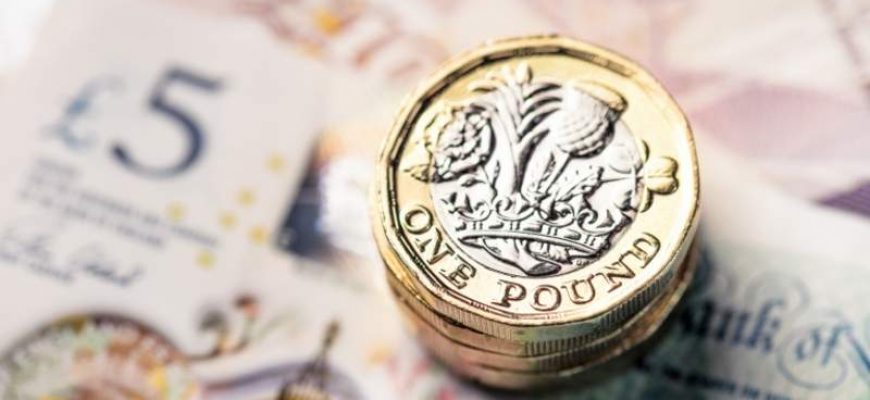Another rate rise! What does this mean for you?

Another rate rise! What does this mean for you?
And here we have it!
We are now at 1% Bank of England Base rate. Most people saw the rate increase coming, but let’s explain why it’s happening.
The Background
We’ve got a perfect storm brewing in economical conditions, and this is mainly due to the cost of living crisis and the implications of global covid restrictions over the last 2 years.
In lay man’s terms, lockdowns have ultimately pushed prices up. Factories and businesses having to close, staff off due to COVID 19 – it’s all added to an increase in global demand but a significant decrease in global output! (supply). And here we have the old issue of inflation; higher demand and reduced supplY equals price increases! It’s also been compounded with government spending during the pandemic – more money has been printed which in turn, reduces the value of your pennies.
The inflation issue was a problem, but not a concern up to February. However, since the war in Ukraine, the recipe (for disaster) has been stirred up with further supply chain issues.
What has this all resulted in? Price increases!
So let’s look at why the government is raising interest rates
Why are interest rates used to slow inflation?
In very very simple terms, the less money you have, the less spending you do! By reducing the pounds in our pockets, the government hopes to curtail this snowball and discourage spending. One of the traditional and proven methods used in monetary policy is to increase interest rates. By doing so, they make it more difficult to not only borrow money (reducing new circulation of money), but also reduce surplus income as borrowers will have more interest to pay.
Are there any problems with this method? The short answer is both yes and no. Firstly, small rate rises will not have a huge impact on household disposable income. For example, if your mortgage is £100,000 over 25 years on a variable of 0.75%, your monthly payment will go up by £12 a month with a 0.25% rate increase. The flip side of this is that this will obviously only have a small impact on inflation.
The future
Today’s inflation issue has been inflamed by the war in Ukraine. If this is settled by the end of the year, then naturally inflation will start to reduce. That being said, there is no timescale for the war to end and this could last for years.
Aside from the war, we will still have a supply and demand issue stemming off the back of the pandemic, so it’s highly likely that the Bank of England will be intervening in the meantime. It is likely that we will see several rises this year, and I would not be shocked to see us at 2 or even 3% by the end of the year.
But let’s remember that we have been in unusually settled waters for the last decade. Rates have averaged 7.17 percent from 1971 until 2022! So we’ve got too complacent with extraordinarily low rates. I took out my first mortgage in 2007 and I remember paying 6.5% pa. Baby boomers will remember back in the 70’s when rates were a whooping 17%!
Winners
Definitely savers and investors. We will mostly see a demographic of over 60’s who will solely benefit from interest rate rises. They typically have low, or no liabilities, and have savings that will directly benefit.
Losers
Under 50’s! This category of people are normally heavily geared; larger mortgages, loans for cars, home renovations and credit card expenses. A decade of low rates have given the younger generation a false sense of security. Borrowing has been so affordable, that it’s spawned an unhealthy contentedness in debt. This is obviously not a problem when the debt is affordable. But with low wage increases, increased risks of redundancies going forward, and higher interest rates, lots of people are going to find themselves in very muddy waters.
Advice
Get prepared! The impact of rate rises won’t be seen for a while. Fixed rates are not affected and the small increase to 1% will be negligible – but we need to be planning for the next few years. Our main advice is to start reducing your debt now, while it is affordable. Make extra mortgage repayments if possible, and if you’re coming to the end of a mortgage term, get fixed up for a long period.
Frances Giliker
Chartered Financial Planner
Financial Advice in Stoke-On-Trent
Giliker Flynn have been providing financial advice to our customers in Stoke-On-Trent and Staffordshire for over ten years. Get in touch with us today for more information about how we can help maximise your financial opportunities.
